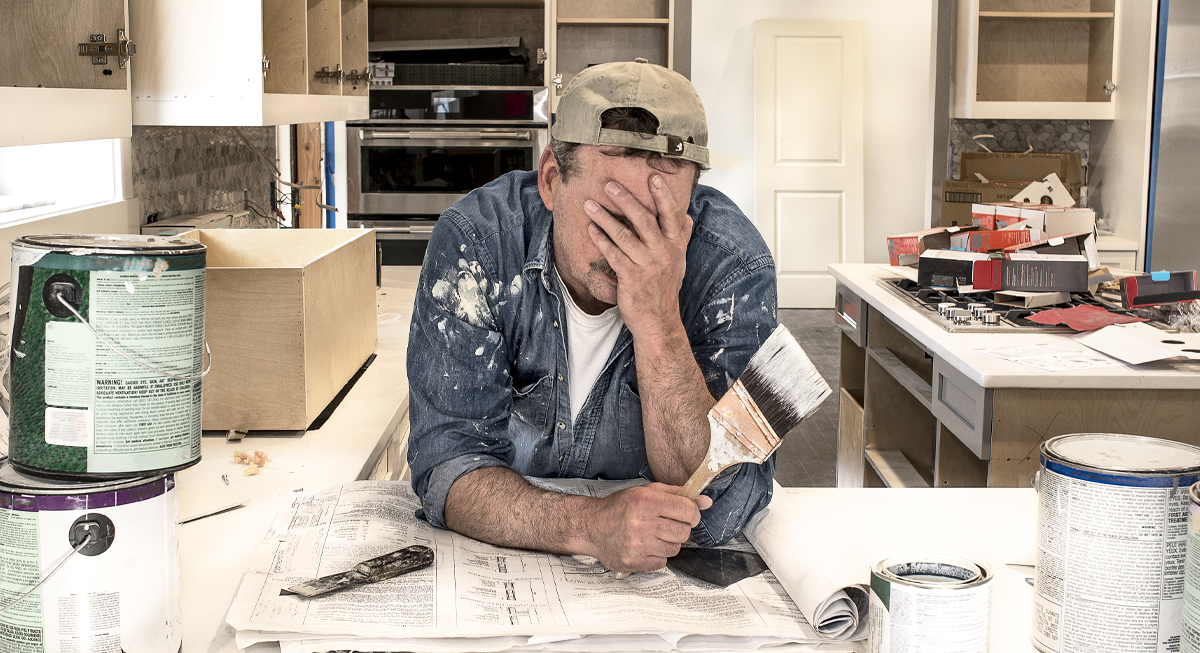Owning a home is a significant investment, and renovations are a strategic way to enhance its functionality, comfort, and, of course, value. But even well-intentioned projects can backfire if they're not carefully planned and executed. Watch out for these renovation mistakes to keep your home improvement dreams in line with potential buyer preferences:
Ignoring Curb Appeal

Credit: freepik
First impressions matter, and potential buyers form an opinion within seconds of seeing your house. A neglected exterior with overgrown landscaping, peeling paint, or a dated entryway can significantly decrease perceived value. Invest in sprucing up the facade with fresh paint, well-maintained landscaping, and a welcoming entry door.
Prioritizing Trends Over Timeless Design
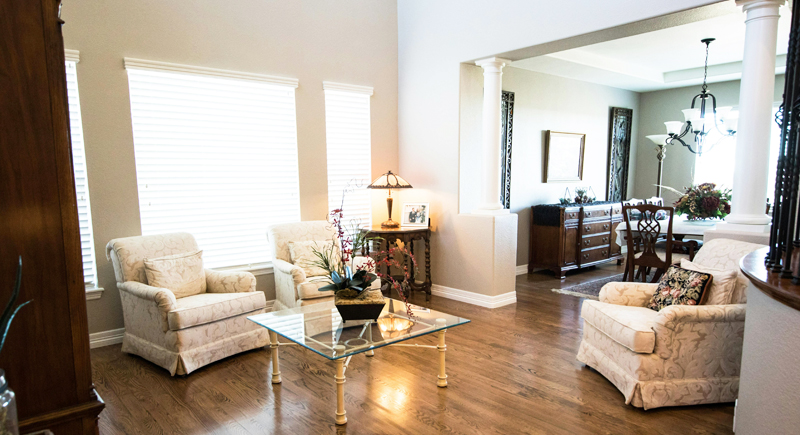
Credit: pexels
While trendy finishes might seem appealing in the short term, they can quickly become dated. Opt for classic styles and neutral color palettes that offer broader appeal to potential buyers. Don't be afraid to add pops of personality through furniture and accessories that can be easily swapped out.
Overcapitalizing on Location

Credit: pexels
While high-end renovations can elevate your living experience, it's crucial to consider the neighborhood's overall value. Installing top-of-the-line appliances or a designer bathroom in a modest neighborhood might not translate to a proportionate increase in your home's selling price.
DIY Disasters
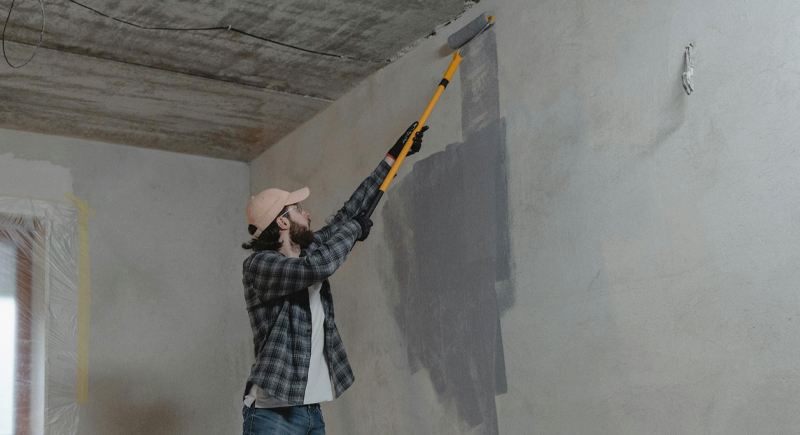
Credit: pexels
Unless you possess exceptional skills and experience, tackling complex renovations yourself can be a risky proposition. Shoddy workmanship can not only be an eyesore but also lead to safety hazards and potential devaluation of your property. Hire licensed and insured professionals for major projects.
Neglecting Functionality for Aesthetics
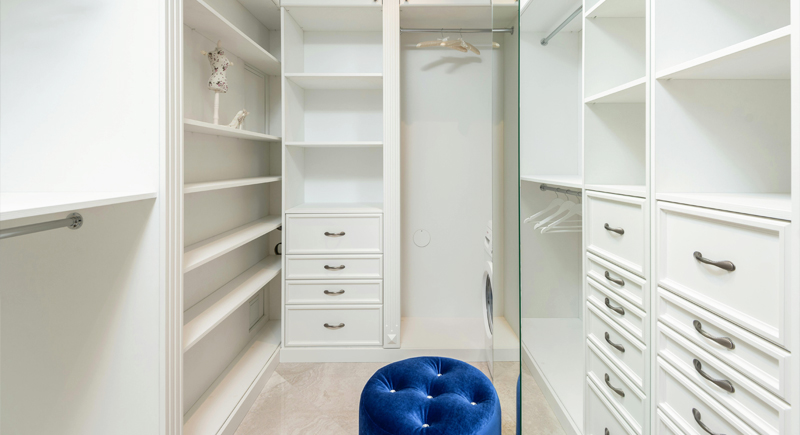
Credit: pexels
An open floor plan might be trendy, but if it sacrifices crucial storage space or creates an awkward flow, it can be a major turnoff for potential buyers. Prioritize functionality alongside aesthetics, ensuring the layout caters to practical living needs.
Forgetting the Importance of Natural Light
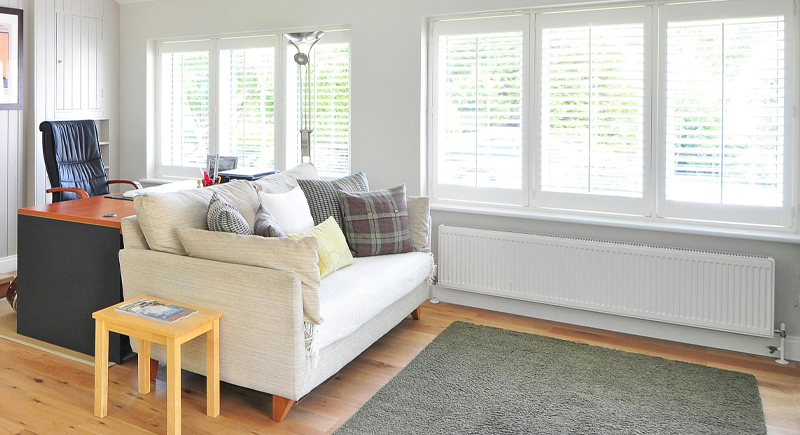
Credit: pexels
Dark and gloomy interiors can make even the most spacious rooms feel cramped and uninviting. Maximize natural light by strategically placing windows, using light-reflecting paint colors, and avoiding bulky window treatments that block sunlight.
Underestimating the Power of Flow

Credit: pexels
A well-designed home should have a natural flow that guides residents seamlessly from room to room. Awkward transitions, poorly placed doorways, or excessive compartmentalization can create a disjointed feel and hinder the overall livability of your home.
Ignoring Universal Design Principles
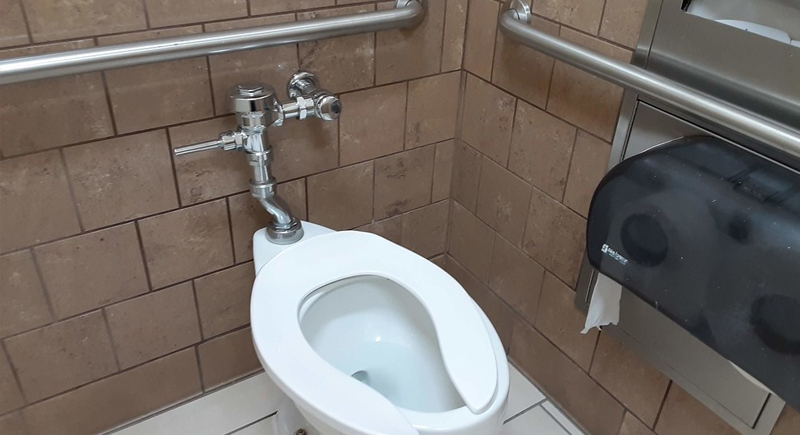
Credit: flickr
Simple modifications like wider doorways, grab bars in bathrooms, and lever door handles can make your home more accessible to a broader range of buyers, including those with mobility limitations. Universal design not only promotes inclusivity but can also future-proof your house for potential aging-in-place needs.
Cutting Corners on Quality Materials

Credit: pexels
While budget is a necessary consideration, opting for the cheapest materials can be a false economy. Subpar materials are more likely to deteriorate quickly, leading to maintenance issues and repairs down the line. Invest in quality materials that ensure durability and longevity.
Neglecting Energy Efficiency

Credit: pexels
Eco-conscious features like Energy Star appliances, improved insulation, and high-efficiency windows are increasingly sought after by homebuyers. Modernizing your home's energy systems not only translates to lower utility bills for you but also makes it more attractive to environmentally conscious buyers.
Forgetting the Importance of Permitting

Credit: pexels
Skipping permits for renovations can have serious consequences. Unpermitted work can be flagged during inspections, delaying the sale of your home and potentially forcing costly corrections. Always check permit requirements with your local building department before starting any major renovation project.
Overlooking Hidden Costs

Credit: pexels
Renovation costs often creep beyond initial estimates. Factor in hidden costs like permits, waste disposal, and potential unforeseen repairs to avoid financial strain during the project.
Failing to Consider Future Needs
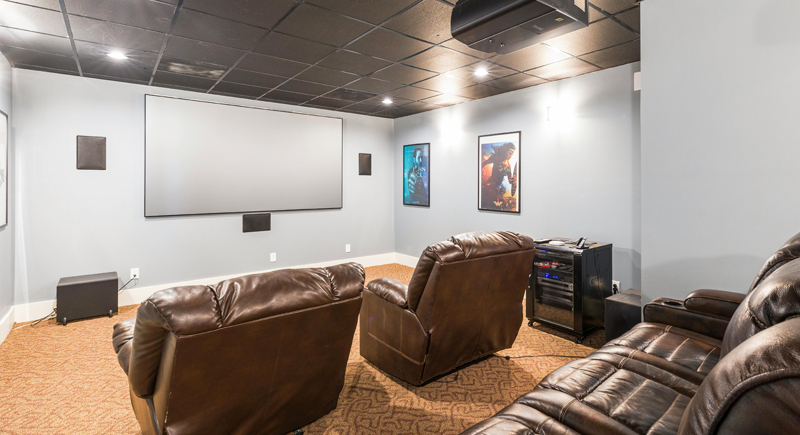
Credit: pexels
While it's tempting to personalize renovations to your specific taste, consider the needs of future buyers. For example, converting a bedroom into a home theater might cater to your current lifestyle but could limit your pool of potential buyers with families.
Rushing the Process

Credit: freepik
Rushing through the planning and execution phases of a renovation project can lead to costly mistakes and subpar results. Take your time, gather quotes from reputable contractors, and create a detailed plan to ensure a smooth and successful renovation that enhances your home's value.

